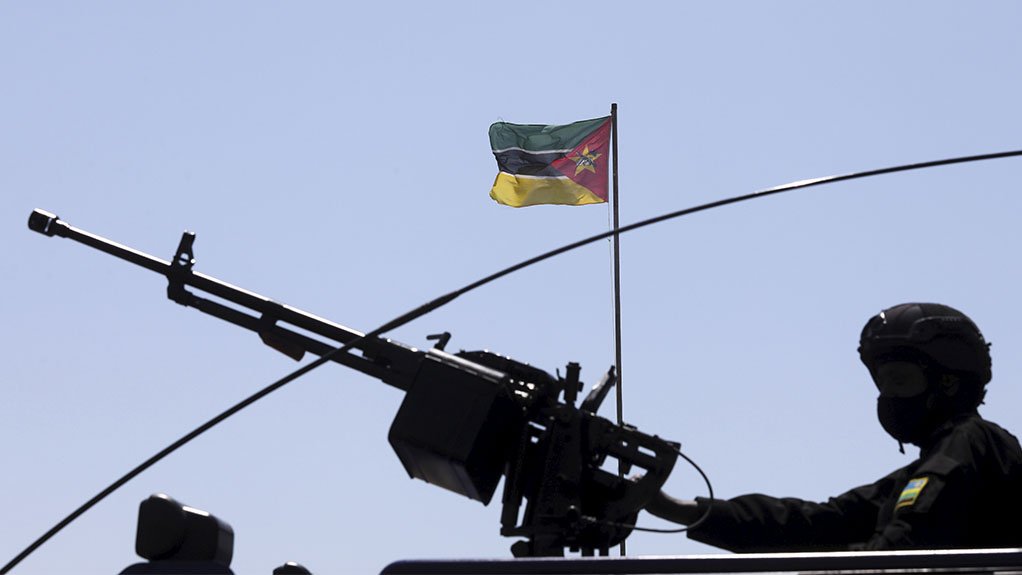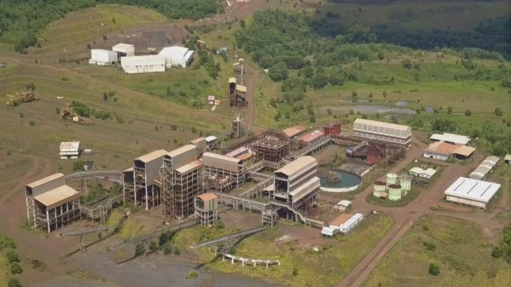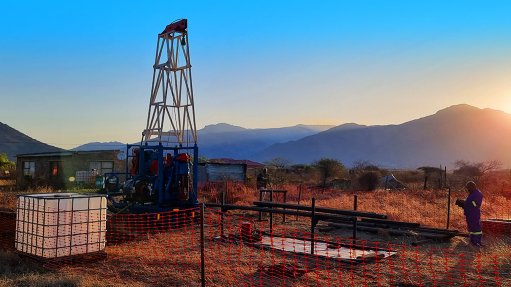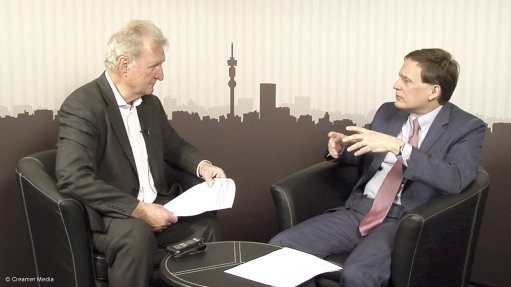SAAFF bemoans lethargic SADC's failure to stop Moz conflicts impacting regional economy
With more than 500 000 people having been displaced and 5 785 having died over the last seven years as conflict wages in Mozambique’s Cabo Delgado province, Southern Africa Association of Freight Forwarders (SAAFF) CE Dr Juanita Maree has expressed concern about the spillover effects for South Africa.
According to the World Bank, Mozambique’s gas-rich Cabo Delgado province has experienced a spike in insurgent attacks since mid-December last year, which has stalled progress in key liquefied natural gas investments in the province.
The Southern African Development Community (SADC) in July this year withdrew its troops from the area, which led to a surge in hostilities in the country.
The roots of the Cabo Delgado conflict involve a complex mix of history – particularly its colonial history and a civil war that only ended in 1992, as well as ethnicity and religious elements.
Maree says the geopolitical conflict in Mozambique comes at a delicate time for South Africa when logistics and the supply chain are under pressure from several other disruptive challenges.
She believes SADC has been slow to respond to the crisis and calls on member States to move into a leadership position as mediator to restore law and order, as well as bolster trade operations in the regional economy.
Maree adds that more action is needed to ensure the safety of citizens on both sides of the border, as well as to stop the destruction of critical infrastructure that enables the flow of regional and international trade and cargo to and from the Port of Maputo and further afield.
“While there is an acute awareness of, and appreciation for, the complex and difficult circumstances which have given rise to the current situation, the uppermost concerns relate to the extreme challenges which now face trade, not only in South Africa and Mozambique, but the entire region as it attempts to grapple with the aftermath of the destabilisation of the Maputo Corridor,” explains SAAFF trade and transport corridor specialist Barbara Mommen.
SADC, as the regional body responsible for trade, development and investment, must be tasked with addressing the escalating post-election violence in Mozambique, she adds.
Infrastructure at the Ressano Garcia border post and the KM4 facility has been severely damaged, and ongoing violence threatens to cause further disruptions. Lives are being lost and livelihoods are threatened across the Southern Africa region, the SAAFF states.
“The need for the temporary closure of the Lebombo border has intensified the crisis. The economic impact of this situation is long-term and extends beyond Mozambique to all other countries in the SADC region but particularly South Africa and Zimbabwe, as halted trade raises the risk of economic setbacks,” Maree states.
The supply chains currently using the Maputo Corridor compete internationally, and the lack of predictability for ensuring international competitiveness is putting these fragile supply chains at significant risk.
Maputo has long been a vital port for regional and international trade, growing significantly in importance over the last 15 to 20 years as a successful public-private concessionary - an operating model that has increased capacity, driving growth and investment into Mozambique – in one of the world’s, and indeed Southern Africa's, poorest economies.
To varying degrees, the implications of this crisis will have a long-term negative impact on all the countries in the SADC region, explains Maree, as it will take time for traffic to and from the Port of Maputo to stabilise and to restore to previous volumes.
“The loss of important infrastructure servicing trade and transport on the corridor will be felt for many months and even years, and places government coffers under enormous pressure for rebuilding and repairs to infrastructure, and replacement of essential equipment,” she states.
Additionally, many essential jobs are now at risk, while the ripple effects for informal, small and medium-sized businesses will be felt for some time. Business will limp forward into an uncertain future after this troubled, disruptive period.
The SAAFF, as an industry representative body, says it stands ready to actively collaborate with the authorities on the implementation of strategic processes that will restore and stabilise the flow of trade and cargo through ports, corridors and transport networks – both road and rail – to and from Mozambique.
Maree says that, for Southern Africa to thrive as a unified, regionally integrated trading block, it must remain a reliable, competitive route and destination within the regional and global supply chains.
To achieve this, it demands immediate consultation with apex bodies in the region, and the assurance that the leadership will address and confront the challenges impacting business in general owing to the conflict and logistics crisis specifically.
“The disruption to the logistics activities cannot be allowed to continue, as it is a primary and critical enabler of economic growth and fiscal revenue in this region.”
GRINDROD UPDATE
JSE-listed logistics group Grindrod has, meanwhile, advised that the suspension of its port and terminal operations in Maputo and Matola, Mozambique, has been lifted.
The company suspended its port and terminal operations in the country on November 7 after South Africa temporarily closed the main border with Mozambique over safety concerns following a violent crackdown on post-election protests.
South Africa’s border authority closed the Lebombo border after receiving reports of vehicles being torched on the Mozambican side of the border, as opposition supporters demonstrated against what they believed to be a fraudulent election win by the incumbent Frelimo party in Mozambique.
Article Enquiry
Email Article
Save Article
Feedback
To advertise email advertising@creamermedia.co.za or click here
Press Office
Announcements
What's On
Subscribe to improve your user experience...
Option 1 (equivalent of R125 a month):
Receive a weekly copy of Creamer Media's Engineering News & Mining Weekly magazine
(print copy for those in South Africa and e-magazine for those outside of South Africa)
Receive daily email newsletters
Access to full search results
Access archive of magazine back copies
Access to Projects in Progress
Access to ONE Research Report of your choice in PDF format
Option 2 (equivalent of R375 a month):
All benefits from Option 1
PLUS
Access to Creamer Media's Research Channel Africa for ALL Research Reports, in PDF format, on various industrial and mining sectors
including Electricity; Water; Energy Transition; Hydrogen; Roads, Rail and Ports; Coal; Gold; Platinum; Battery Metals; etc.
Already a subscriber?
Forgotten your password?
Receive weekly copy of Creamer Media's Engineering News & Mining Weekly magazine (print copy for those in South Africa and e-magazine for those outside of South Africa)
➕
Recieve daily email newsletters
➕
Access to full search results
➕
Access archive of magazine back copies
➕
Access to Projects in Progress
➕
Access to ONE Research Report of your choice in PDF format
RESEARCH CHANNEL AFRICA
R4500 (equivalent of R375 a month)
SUBSCRIBEAll benefits from Option 1
➕
Access to Creamer Media's Research Channel Africa for ALL Research Reports on various industrial and mining sectors, in PDF format, including on:
Electricity
➕
Water
➕
Energy Transition
➕
Hydrogen
➕
Roads, Rail and Ports
➕
Coal
➕
Gold
➕
Platinum
➕
Battery Metals
➕
etc.
Receive all benefits from Option 1 or Option 2 delivered to numerous people at your company
➕
Multiple User names and Passwords for simultaneous log-ins
➕
Intranet integration access to all in your organisation



















